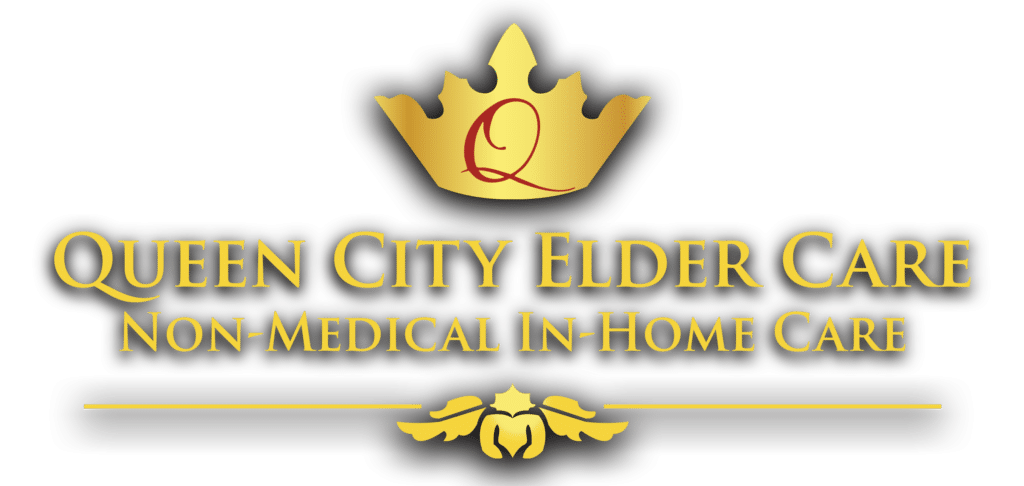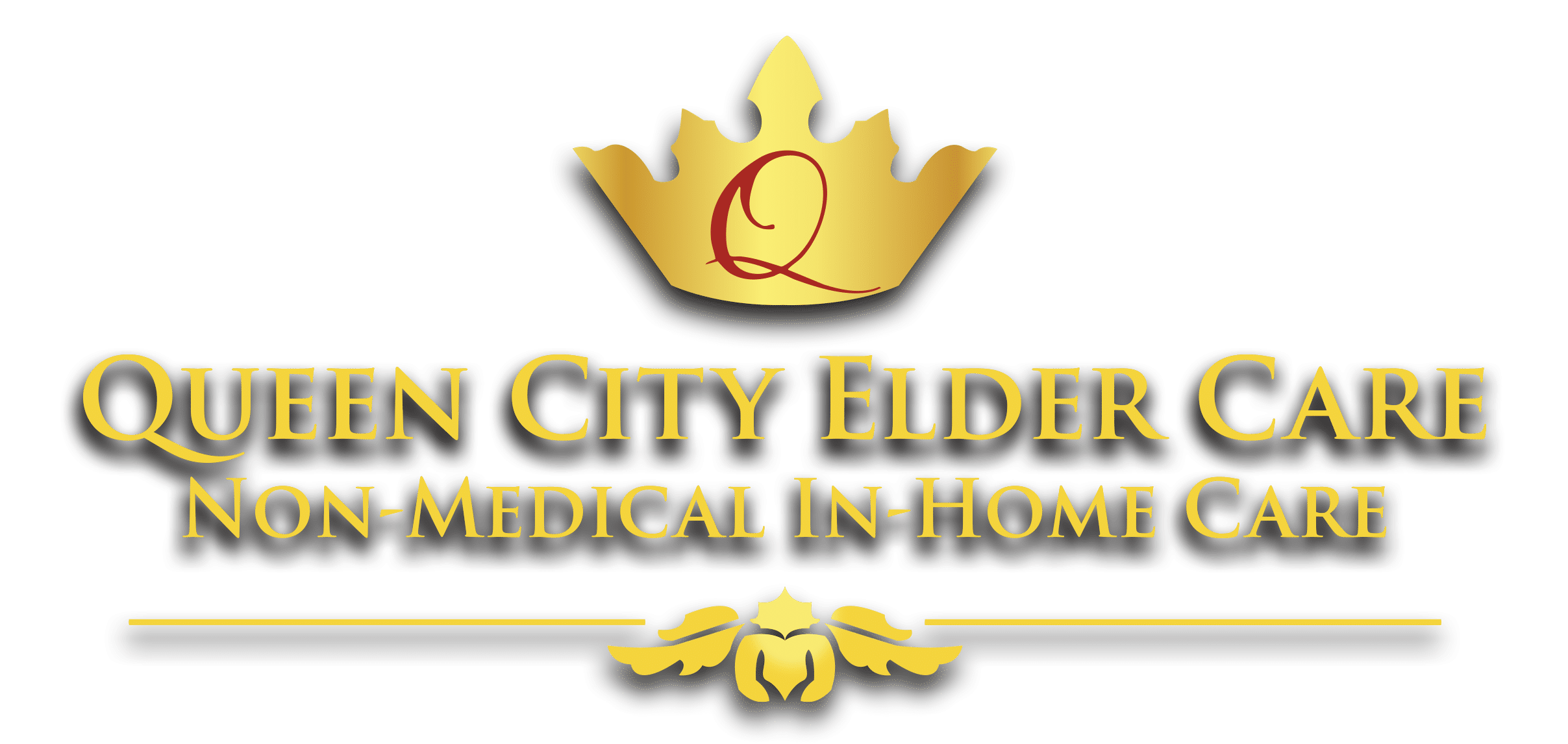Keeping your medical file up-to-date is an extremely important task, especially as people grow older and require more medical care.
Because seniors often see a variety of doctors and specialists due to age-related conditions, it is sometimes more difficult to coordinate care among them. Having a collection of documents that reveal an elderly persons’ whole health history can make a doctor’s visit much easier. Because October is Organize Your Medical Information Month, it’s a good idea to look more deeply into what it would take to pull the paperwork together on your aging loved one.

These frequently asked questions focus on the best ways to gather and organize medical information for an elderly relative:
Q: Why do family caregivers need to organize a senior’s medical information?
A: Because medical documents are some of the most important and legally confidential pieces of information, family caregivers need to organize it all and keep it secure and private. Elderly adults often require a lot of medical attention, so having everything important compiled into one place is convenient for family caregivers and can save doctors a lot of time and mistakes.
Q: What kind of information should be included?
A: While everyone’s file will be different, some of the main features should include contact information for all doctors and specialists, test results, current prescriptions with dosage amounts, past and current allergies, past surgeries, past and current lab results, various insurance documents, complete insurance policies, all medical-related legal documents and their family medical history. Some people even include copay information, bills and more.
Q: Why would medical personnel be interested in an elderly person’s medical information?
A: Many seniors struggle to remember their own medical history, and family caregivers and home care providers may not have complete knowledge to offer, either. Organized medical information helps doctors know what’s happened in the past and helps them avoid mistakes like drug interactions or redoing lab work.
Q: What’s the best way to organize medical information?
A: It depends on what family caregivers are comfortable with. From file folders to computer files, there’s no right way to organize the medical files of an elderly relative. If the information is portable, easy to access and private, any method will do. The information should be easy to understand, so that family members, home care providers, and close friends can find the data they need to share with a medical team.
Q: Who should have access to the medical information?
A: Normally, only the elderly adult would be able to access their own medical information. However, because they are dependent on a family caregiver, a home care provider, and close friends, trusted people should know where to find the information when it is needed. It’s especially critical in an emergency, where a home care provider may have to interact with paramedics or an emergency room doctor who isn’t familiar with the elderly adult.
If you or an aging loved one is considering hiring Elder Care Services in Amberley, OH, please contact the caring staff at Queen City Elder Care today. Serving Cincinnati and Surrounding Communities. Call Us Today (513) 510-4410.
Michele Vollmer is a visionary leader who is perpetually searching for ways to improve, so to remain at the leading edge of the home care industry.She has served in the healthcare industry since 1989, including pharmaceutical and home health sales, as well as hospice sales and sales management
- Personalized Alzheimer’s Care That Makes a Difference at Home - June 4, 2025
- How Does In-Home Respite Care Support Family Caregivers? - May 22, 2025
- Honoring Seniors During Older Americans Month - May 6, 2025




